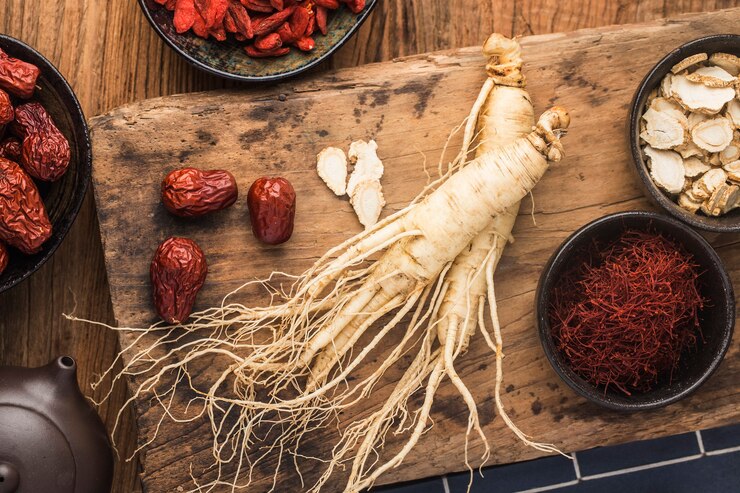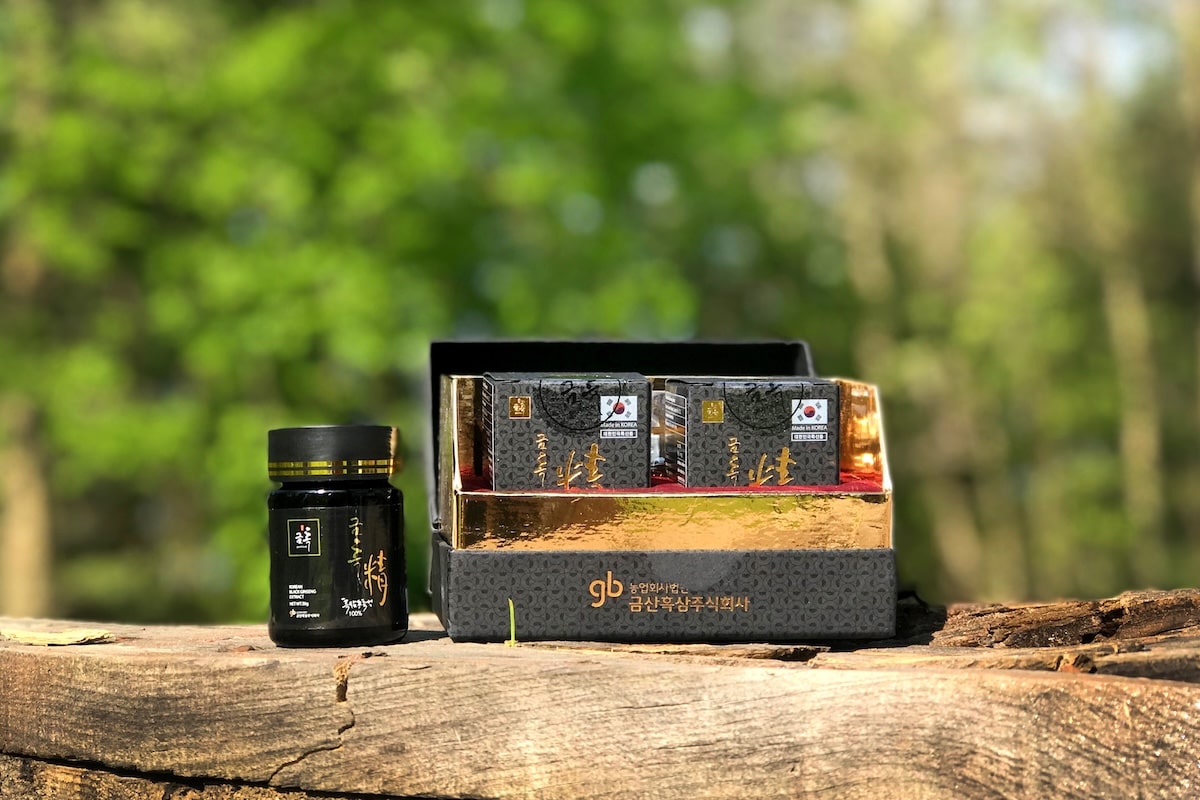
Korean Ginseng and Sports Recovery: Benefits, Effects, and Usage Recommendations
Increasingly present in sports supplements, Korean Red Ginseng has become a key ingredient to support muscle recovery, enhance endurance, and boost resistance to stress. Used for centuries in traditional Asian medicine, it now attracts both active individuals and elite athletes alike.
Unlike conventional fast-acting “boosters”, Red Ginseng works at a deeper level. Its active compounds — ginsenosides — provide antioxidant, anti-inflammatory and vasodilatory properties, especially useful during periods of intense training.

How Does Korean Ginseng Work?
During sustained effort, the body draws on its energy reserves (glucose, glycogen), leading to the production of free radicals and lactic acid, which may temporarily accumulate.
Intense exercise also causes micro muscle damage and acute inflammation, both responsible for fatigue and soreness. To recover efficiently, the body must repair damaged tissues and calm these reactions.
This is where Korean Red Ginseng steps in. Its ginsenosides help regulate inflammation, promote blood circulation, and support muscle regeneration. In short, ginseng supports the body’s natural recovery process, helping it handle physical stress and bounce back more quickly.
What the Science Says: Recovery, Fatigue, Performance
Several studies support the use of Korean Red Ginseng in athletic contexts, especially to reduce fatigue and enhance recovery (1), (2).
A 2023 scientific review by the Universitat Oberta de Catalunya (3), analyzing over 700 studies, highlighted several key effects:
- Potential reduction of muscle damage, with decreased levels of creatine kinase (CK) and interleukin-6 (IL-6), both markers of muscular and inflammatory stress.
- Decreased muscle fatigue by limiting lactate buildup and maintaining quality of muscle contractions.
- Faster muscle regeneration through increased activation of satellite cells, which are essential for tissue repair.
- Improved tolerance to physical effort thanks to a lower perception of fatigue.
- Potentially reduced injury risk by optimizing recovery mechanisms.
These benefits are thought to result from the combined action of ginsenosides on the central nervous system, energy metabolism, and hormonal balance. It’s worth noting that outcomes may vary depending on the extract type, dosage, and duration of supplementation.
Physical Endurance: A Natural Ally for Going the Distance
Korean Red Ginseng doesn’t just help with recovery. Recent studies, including two meta-analyses published in 2022 (4) and 2024 (5), suggest it may also enhance physical endurance — especially in runners, cyclists, or those undergoing intense cardio workouts.
- Extended time to exhaustion, indicating greater physical resilience.
- Increased VO₂ max, a key measure of cardio-respiratory performance.
- Improved ability to sustain prolonged effort, with fewer signs of metabolic fatigue.
These effects are more noticeable after several weeks of regular use (1–2 g/day), particularly in moderately trained individuals.

Mental Balance and Immunity: A Natural Adaptogenic Support
Recognized as an adaptogenic plant, Korean Ginseng helps the body better cope with the various stressors associated with athletic activity: physical overload, mental pressure, or immune drop due to back-to-back training sessions.
By helping regulate cortisol production, it supports better stress management, while also reducing nervous fatigue often observed during repeated exertion cycles. It may also improve focus and motivation — key assets for long-term performance.
Ginseng also acts as an immune booster, helping maintain a strong natural defense system to reduce the risk of colds, mild infections, or other disruptions that could interfere with training routines.
This synergy between physical recovery, mental balance, and immune support makes Red Ginseng a truly versatile and complete supplement.
Dosage and Recommended Use
Ginseng’s effects are best achieved through regular and prolonged use. Based on scientific literature, the following recommendations apply:
- Daily dose: between 1 g and 2 g of standardized Panax ginseng extract
- Best time to take it: in the morning (for its energizing effect) or 30–60 minutes before training
- Minimum duration: 4 weeks, renewable depending on your goals
For optimal results, choose a high-quality ginseng extract standardized in active ginsenosides (especially Rg₁, Rb₁, Rg₃) and sourced from certified Korean cultivation.

In Summary: Why Add Korean Ginseng to Your Fitness Routine?
- Enhanced muscle recovery
- Reduced fatigue, both mental and physical
- Support for a strong immune system
- Better exercise tolerance and improved endurance
- Improved focus and mental resilience
It fits perfectly into a sustainable performance strategy — whether you're looking to improve, recover faster, or prevent burnout.
Where to Find High-Quality Red Ginseng?
If you're looking to include high-quality red ginseng in your fitness routine, our store offers a highly concentrated extract, carefully selected for its purity and high ginsenoside content. It’s particularly suitable for athletes seeking better recovery, energy, and balance.
- 100% natural
- Standardized and concentrated
- Certified Korean origin
- Available in liquid extract or capsules







